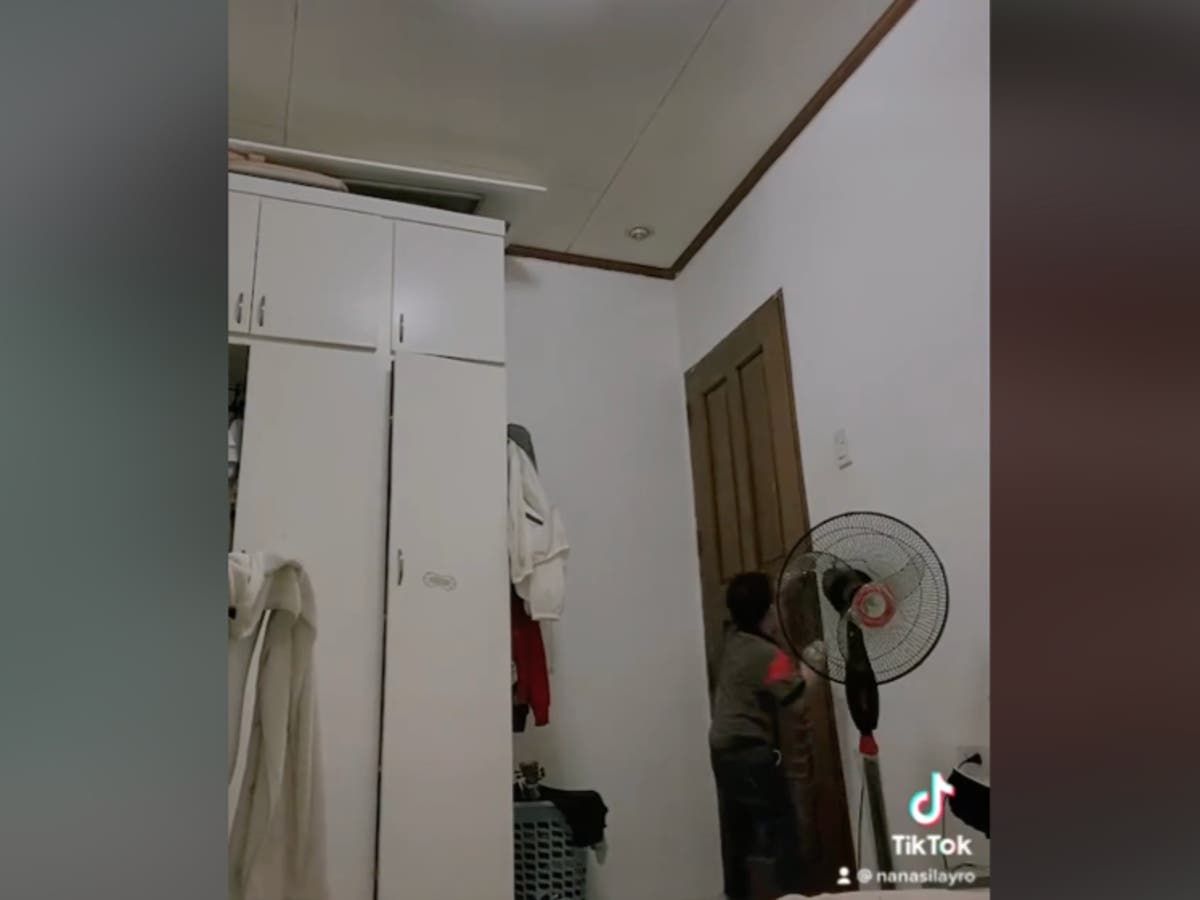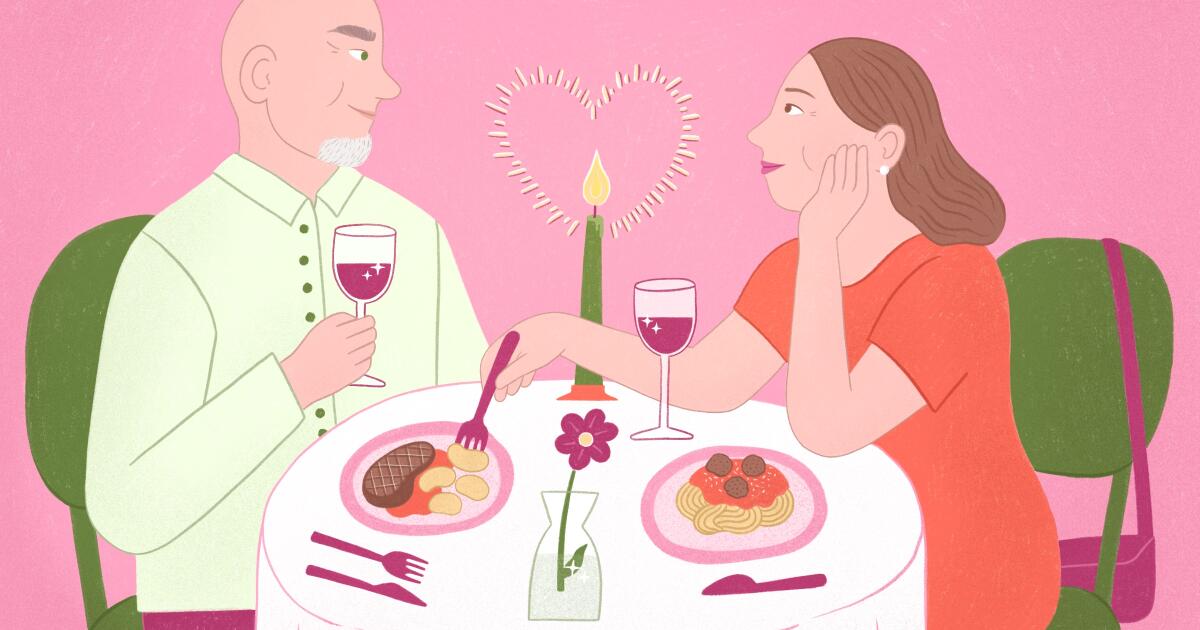An influencer sparked a debate after she criticized parents for pranking their children over the content.
In a video posted on Facebook on August 5 last year, Filipino content creator Nana Silayro pleaded with parents to stop filming their children being pranked for views. At the time, Ella Silayro was specifically referring to viral videos of parents locking their children in their rooms and filming their reactions for the internet.
“First of all, I don't want you to attack the person who posted this,” the video began. “This has nothing to do with her, but it's just my opinion. And this is me speaking as an early childhood educator.”
“This is not right. I'm not sure people are aware of the consequences of the trend they are adopting,” she explained. “I hope you are aware that whatever you are doing, if you plan to do it in the future, will cause a long-term trauma.
At that time, Nana shared footage from a video that showed a child older than a preschooler or a toddler locked inside a room. She could be heard the boy panicking and banging on the door when she realized his mother had locked him inside alone. The content creator blurred the faces of both the woman and the child to respect her privacy.
“Never do this,” he added. “In those few seconds a lot can happen.”
It listed what could happen to children, including the child hitting their head too hard, pulling on wires or passing out, among other examples. “The child will have very serious trust problems. The child will stop talking. The child will never trust you,” she continued. “Do something else. Do other trends.”
“My heart hurts,” he wrote in the caption. “There is a trend on TikTok, where people lock children and make them cry because of the content. THIS IS NOT OK. THIS HAS TO STOP. Please do not do this”.
The video, previously posted on TikTok, has sparked renewed interest on Facebook. Silayro, who has more than 4 million followers on TikTok, received many comments from equally outraged internet users.
“Some people may think it's funny; however, a significant impact on a child's emotions would be different after that moment. “If you've noticed, in most movies there's a scene that they would probably come back to during their early years because they have problems and figure out how to deal with them when they're adults,” one person wrote.
Children are still learning to regulate their emotions and understand the social rules of the world; when an adult compromises their learning process, it does them a disservice, according to experts.
“Locking children in a room is a type of emotional abuse,” explained Dr. Gail Reyes-Galang, professor of child psychology at Miriam College. Smart parenting. “In those few minutes left alone, children can feel intense panic, fear and anxiety.” And he added: “It is dangerous because they can trip, fall, hit their head, jump out of an open window or a balcony, among many other possible reactions.”
“As a result, children may become very angry and violent, and hit the caregiver upon returning to the room,” he continued. “The child may also develop severe separation anxiety and he may not adjust well to being dropped off at school.”
Parents playing pranks on their children on social media has been common since the beginning of social media, but experts say that trends like the one that outraged Silayro and others like the popular #GrinchPrank, which has a “monster” that scares children during a family photo session, it can damage their growing minds.
Excessive or harmful teasing can erode the trust built between a child and his or her parents, causing the child to constantly feel worried about being hurt, embarrassed, or humiliated in the presence of his or her parents.












